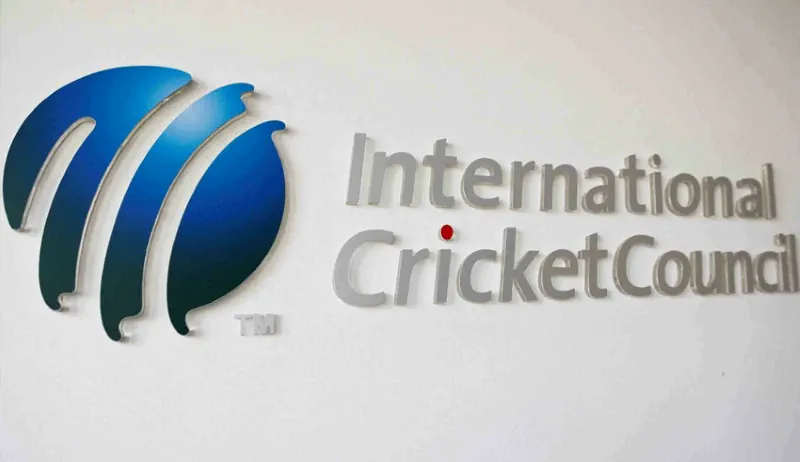
The International Cricket Council (ICC) has introduced a range of new playing conditions aimed at enhancing fairness, clarity, and pace in men’s international cricket. While some of the regulations have already taken effect in the ongoing ICC World Test Championship (WTC) 2025-27 cycle, the remainder will be enforced from July 2 in the white-ball formats.
Among the most notable introductions is the implementation of a stop clock in Test cricket—a move designed to curb slow over rates. Under this rule, the fielding team must begin a new over within 60 seconds of the previous one concluding. Teams will be allowed two warnings per innings, after which a five-run penalty will be applied for further delays. The count resets after every 80-over session.
In a significant move to uphold ball integrity, the ICC has clarified its stance on saliva use. While the post-COVID-19 ban on saliva remains, the compulsory ball change that previously followed any instance of saliva application has been removed. Instead, umpires will now use their discretion to assess the ball’s condition. If deemed unaltered, the ball will remain in play—but if the act is found deliberate and deceptive, a five-run penalty will be awarded to the batting side.
The Decision Review System (DRS) has also undergone a key procedural adjustment. Previously, if a batter was given out caught behind but later cleared via UltraEdge, a secondary lbw check defaulted to a ‘not out’ unless conclusively overturned. Under the revised system, the original decision of ‘out’ will apply to all subsequent reviews on that ball. If ball tracking then results in an “umpire’s call”, the batter will still be ruled out.
In scenarios where multiple appeals occur on the same delivery—such as an lbw and a run out—new rules mandate that the TV umpire address incidents in the order they occurred. If a dismissal is confirmed from the first appeal, the second review will be rendered void as the ball is considered dead from the moment of dismissal.
Further refining review protocols, TV umpires will now assess the fairness of a catch even if the delivery is deemed a no-ball. Previously, a no-ball call would negate any investigation into the catch’s legitimacy. Under the new rule, if the catch is clean, the batting team gains one run for the no-ball; otherwise, runs scored off the bat stand.
The ICC has also redefined its handling of deliberate short runs. If a batter is found to have intentionally failed to make their ground while attempting multiple runs, the fielding side will now have the option to choose which batter remains on strike. The five-run penalty, as previously enforced, will still apply.
In domestic cricket, the ICC is set to trial full-time player replacements for serious external injuries—similar to the concussion substitute policy already in use. The substitute must be like-for-like, and the injury must be visible to the match officials. This initiative aims to explore the feasibility of extending such substitutions to international red-ball cricket.

